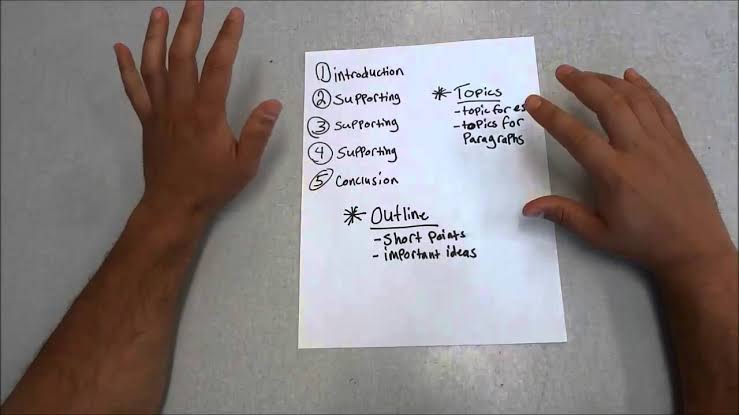How to Write a Dissertation that Will Give your Career a Boost?

In school, they help you build your writing skills by giving you plenty of essays and papers to write. However, when it comes to the final, biggest task, no one really teaches you how to write a dissertation. Even so, this is the most important paper in your academic studies, one that marks your entrance in the academic community.
It’s not easy to write a Master’s or doctoral dissertation. The higher the level, the more complex will this assignment be. Students who come to this point have many questions left unanswered. How long is a dissertation and how should it start? How should you approach it? But the most important question of them all is – how to write a memorable dissertation that will give your career a boost?
Thankfully, I have the answer to this question right here, and it comes in the form of steps.
Table of Contents
Step 1: Start with the dissertation proposal
Before you work on the actual dissertation paper, you need to send in a proposal. The proposal is a short piece of content that will persuade the dissertation committee members that your idea and topic is worth exploring. This is the first most important step – building interest in your target audience.
In the dissertation proposal, you need to show that your idea is interesting and researchable, and prove that you are skilled to turn it into a valuable paper.
Step 2: Perform deep research
This paper is like nothing else you’ve written so far. A couple of hours in the library or online will do almost nothing for your dissertation writing. Dissertations require a great deal of research, organization, and really careful referencing.
If you’re not up to the task, you’re best off if you buy dissertation from UK Essay service and let them handle the research for you. This second step is crucial for the success of your doctoral or masters dissertation, how well it reads, but most importantly – your research. Without deep research, you cannot have findings that are strong enough to answer your question or support your hypothesis.

Step 3: Organize all that research data
There are plenty of things that follow the research. You can’t just skip from researching sources to writing the paper. If you do so, the lack of organization will cause you to get lost, you’ll stray from the topic, or create an incomprehensive piece of content.
To organize the research data, you should follow these tips:
- Make a timeline for your research stage. When you present the data, you have to tell the reader where and how you find it, what it did to your research, and why it’s important.
- Write down quotes, sources, and page numbers. You’ll definitely have to go back to the source when the referencing part comes, or when you need some extra All that research can make you forget things or lose your pace.
- Take plenty of notes for numbers, years, and key data. It’s best to use tech apps and tools to allow yourself to search for the data instantly while writing your dissertation.
Step 4: Write an Amazing Dissertation
Your entrance in the academic community should be memorable, which is why you must write a mind-blowing paper to end your education. With all those notes and data collected and organized in the previous steps, you already have your best source for dissertation writing.
Gather everything you have and start composing the big product. This might take the while, but your outline will be a great guide. This way, you won’t stray from the topic.
While writing the dissertation, make sure that you are familiar with the structure and the specific requirements your academic institution has for this type of paper. In most cases, a dissertation will consist of: introduction, literature review, methodology, findings, conclusions, and bibliography. For the chapters that go in between, you should talk to your mentor and check the requirements.
One really important thing to pay attention to during your writing process is the time. Time management is a skill you’ve been taught for all those years of education. All those deadlines and exam preparations served to give you a sense of responsibility. Seeing how this is the first truly grand project you have to do, this is the time to put that skill into action.
Manage your time like a professional. Make a great schedule and split your dissertation tasks into chunks. Have attainable goals that lead you to the completion of this project.
But, when you plan for all this, don’t forget to leave enough time for step 5.
Step 5: Edit, Proofread, Get Feedback – Start Again
Before you submit your draft to the mentor to check, edit and proofread everything to the best of your abilities. You might even want to hire someone else to check the content, too. Not only is this a big piece that requires a lot of focus, but it’s also something you did, which makes you prone to miss mistakes.
Once you get feedback, be ready to do some more editing. Your dissertation is only final when you’re completely satisfied with the results.





